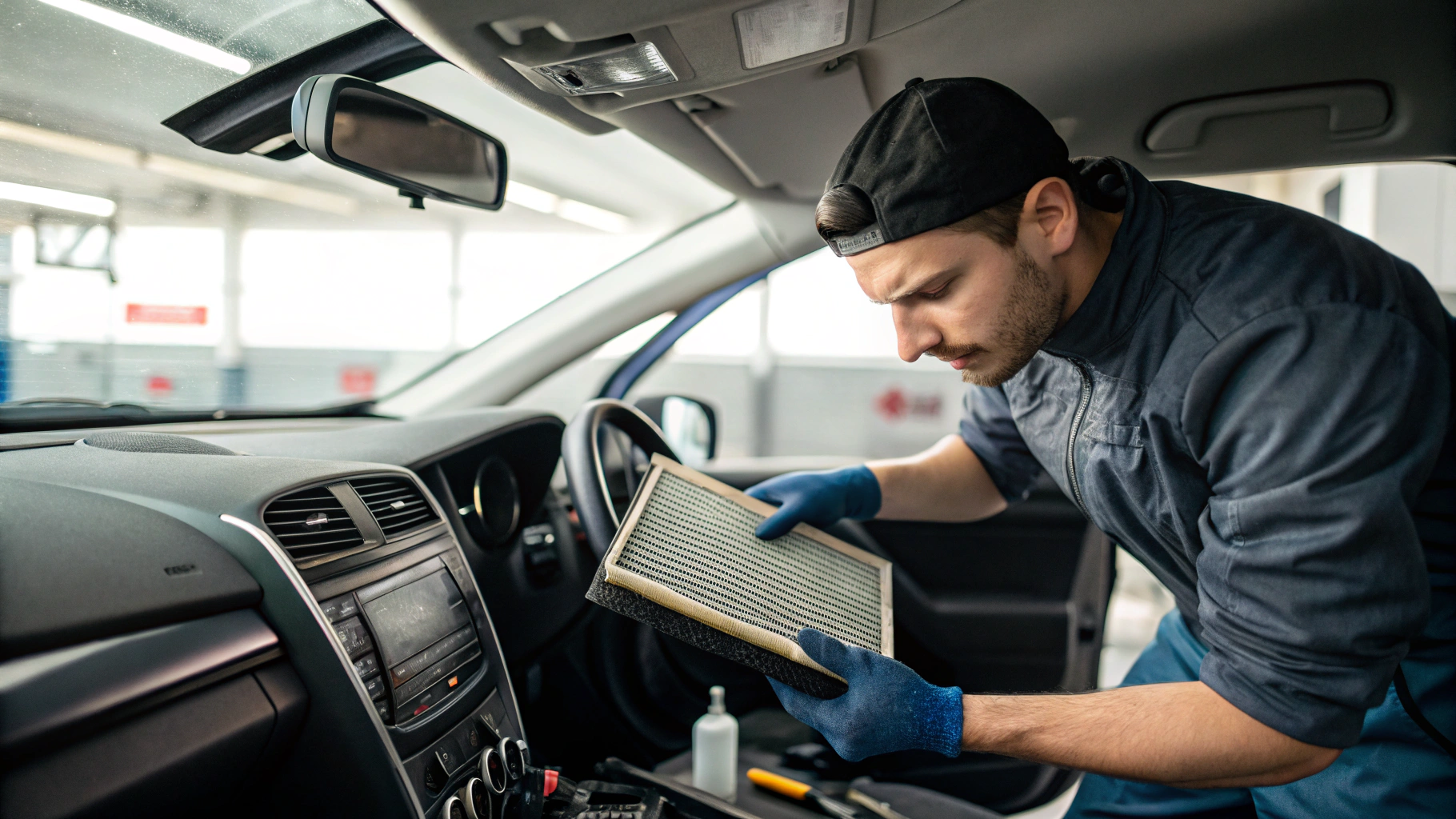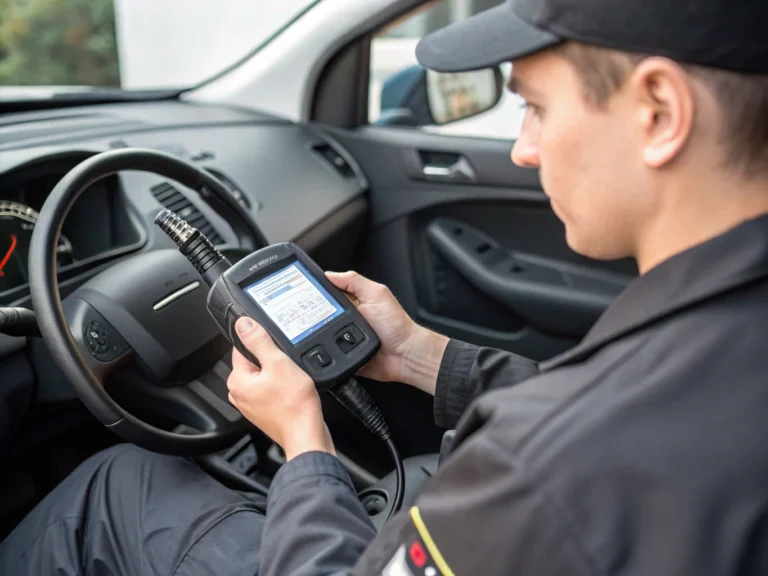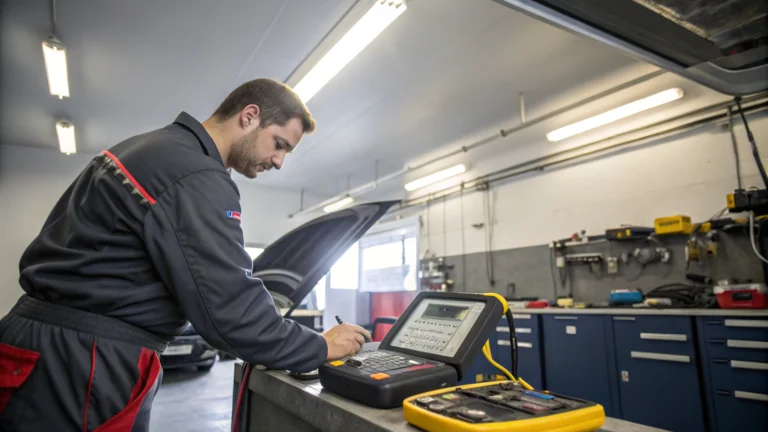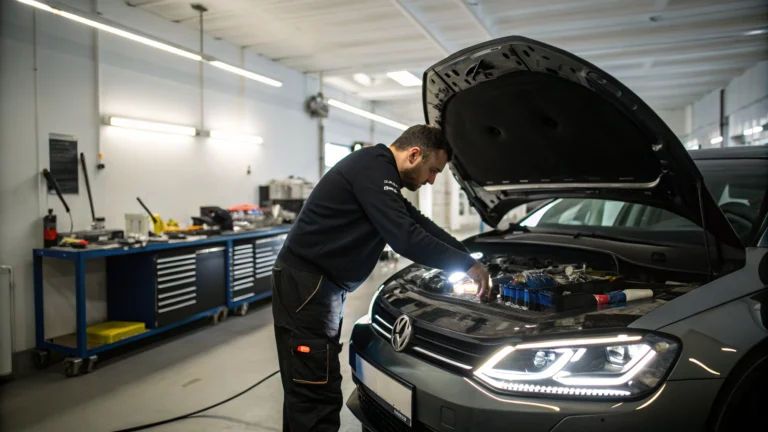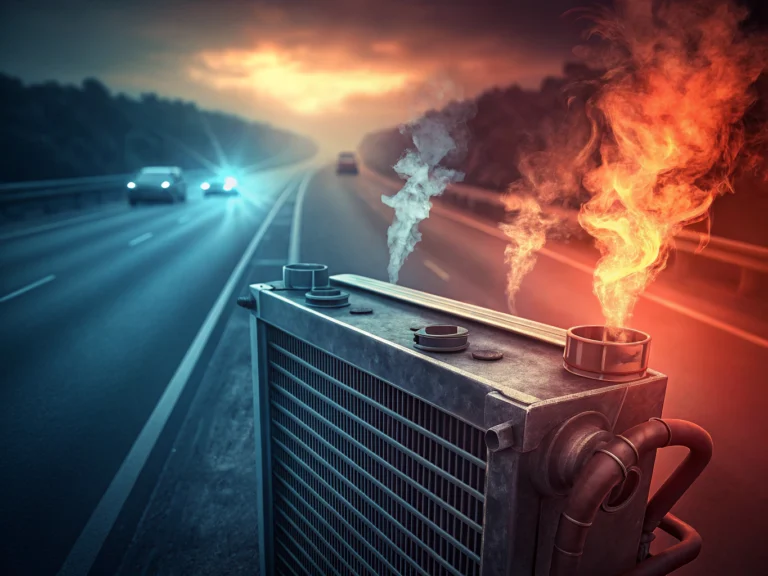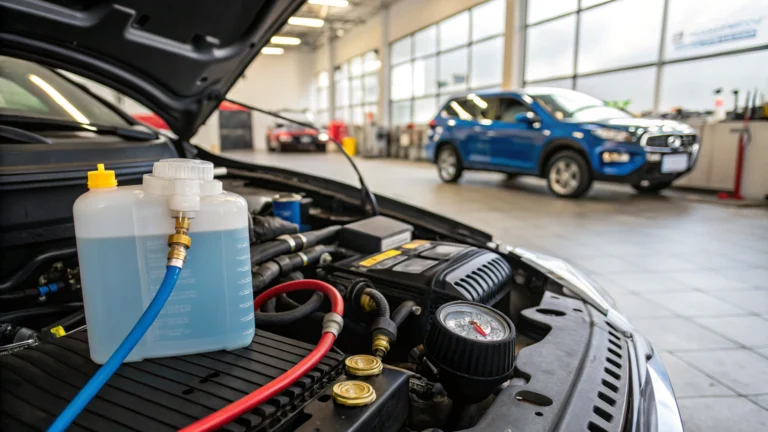Cabin Air Filter Replacement Made Easy – Fix Heating Fast
Table of Contents
Understanding the importance of cabin air filter replacement can significantly enhance your driving experience and vehicle performance. By learning about when and how to replace them, you ensure that your car’s HVAC system works efficiently.
A cabin air filter replacement is essential not just for maintaining the quality of air within your vehicle, but it also improves the overall efficiency of your heating system. Addressing this simple maintenance task can make a noticeable difference in your comfort on the road.
Cabin Air Filter Replacement Benefits
Regularly replacing your cabin air filter offers numerous benefits that directly impact your comfort and vehicle performance. Understanding these advantages will help you appreciate the importance of this simple maintenance task.
Improve HVAC Airflow and Heater Performance
One of the primary benefits of cabin air filter replacement is improved airflow through your vehicle’s HVAC system. When your cabin air filter becomes clogged with dust, pollen, and debris, it restricts the amount of air that can pass through. This restriction forces your heating system to work harder to maintain the desired temperature, reducing its efficiency.
A clean cabin air filter allows air to flow freely through the system, which means your heater can operate at maximum efficiency. During cold winter months, this improved performance means faster warm-up times and more consistent heating throughout your vehicle’s cabin. Many drivers notice an immediate improvement in their heating system’s performance after a cabin air filter replacement.
Additionally, proper airflow through your HVAC system helps prevent strain on the blower motor, potentially extending its lifespan and helping you avoid costly repairs down the road. The cabin air filter replacement cost is minimal compared to the expense of major HVAC component failures.
Enhanced Air Quality
Beyond improving your heating system’s performance, a fresh cabin air filter significantly enhances the quality of air inside your vehicle. The cabin air filter is designed to trap airborne contaminants including dust, pollen, mold spores, exhaust particles, and even certain bacteria.
For allergy sufferers, regular cabin air filter replacement is particularly important. A clean filter can dramatically reduce the presence of allergens in your vehicle’s cabin, making your driving experience more comfortable. Some premium cabin air filters are even designed with activated charcoal or other specialized materials that can filter out odors and harmful gases.
Signs You Need a Cabin Air Filter Replacement
Knowing when to replace your cabin air filter is essential for maintaining optimal HVAC performance. Here are some clear indicators that it’s time for a replacement.
Spot Clogged Air Filter Issues Early
Being proactive about cabin air filter replacement can save you from experiencing more significant problems with your vehicle’s heating system. Here are the key signs that your cabin air filter needs attention:
Reduced Airflow: If you notice decreased air coming from your vents even when the fan is set to high, a clogged cabin air filter is likely the culprit. This reduced airflow is often most noticeable when you’re trying to heat your car quickly on cold mornings.
Unusual Noises: When your HVAC system has to work harder to push air through a clogged filter, you might hear increased fan noise or a strained whirring sound. This extra effort puts unnecessary stress on your blower motor.
Unpleasant Odors: A musty or moldy smell when you turn on your heating system is a clear sign that your cabin air filter needs replacement. Over time, moisture can accumulate in a dirty filter, creating an environment where mold and bacteria can thrive.
Poor Defroster Performance: If your windshield takes longer than usual to defog or defrost, a clogged cabin air filter may be restricting the airflow needed for effective defogging. This can be particularly dangerous during winter driving conditions.
Increased Allergy Symptoms: If you notice that your allergies seem worse when you’re in your car, it could indicate that your cabin air filter is no longer effectively trapping allergens and needs replacement.
How Often to Replace Your Cabin Air Filter
Establishing a regular maintenance schedule for your cabin air filter replacement is key to preventing car heating and airflow problems before they start.
Prevent Car Heating and Airflow Problems
Most automotive experts recommend replacing your cabin air filter every 12,000 to 15,000 miles or at least once per year. However, this interval can vary based on your driving conditions and environment. If you frequently drive in areas with high pollution, dust, or pollen, you may need to replace your filter more often.
Many drivers find it convenient to align their cabin air filter replacement with other routine maintenance tasks, such as oil changes. Some vehicle manufacturers include cabin air filter inspection as part of their recommended service intervals, so checking your owner’s manual can provide guidance specific to your vehicle model.
Replacing your cabin air filter is typically a straightforward DIY task for many vehicles. In most cases, the filter is located behind the glove compartment or under the dashboard and can be accessed without special tools. However, some vehicles have more complex configurations that might require professional assistance.
The cost of a cabin air filter replacement is relatively modest, typically ranging from $15 to $50 for the filter itself, plus labor costs if you choose professional installation. Given the benefits to your vehicle’s heating system efficiency and your respiratory health, this is a worthwhile investment in your vehicle’s maintenance.
By maintaining a clean cabin air filter, you ensure that your vehicle’s heating system operates efficiently, especially during cold winter months when you need it most. This simple maintenance task not only improves your comfort while driving but also contributes to the overall health and longevity of your vehicle’s HVAC system.
Remember that cabin air filter replacement is just one aspect of comprehensive vehicle maintenance. Combining this with regular checks of your vehicle’s engine air filter, coolant levels, and heating system components will help ensure optimal performance of your car’s heating system year-round.
As an Amazon Associate we earn from qualifying purchases.
Incorporating routine cabin air filter replacement into your vehicle maintenance schedule can help you avoid bigger issues down the line. By prioritizing this task, you’re investing in the longevity and efficiency of your car’s HVAC system.
Whether you tackle the cabin air filter replacement yourself or seek professional assistance, keeping this filter clean is a proactive way to maintain not just the heating performance but also the air quality in your vehicle.
Shop Related Products:
- Find cabin air filters on Amazon
- Find cabin air filter replacement tools on Amazon
- Find car air fresheners on Amazon
- Find allergy relief car air filters on Amazon
- Find activated carbon cabin air filters on Amazon
Frequently Asked Questions
Does replacing the cabin air filter improve heat?
Yes, a clean filter can improve airflow and heater efficiency. When your cabin air filter becomes clogged with dust and debris, it restricts airflow through your HVAC system, making your heater work harder and less effectively. Replacing a dirty cabin air filter allows for optimal airflow, which results in better heat distribution, faster warm-up times, and improved overall heating performance in your vehicle.
How often should I replace my cabin air filter?
Typically every 12,000 to 15,000 miles or once a year. However, this can vary depending on your driving conditions and environment. If you frequently drive in areas with high pollution, dust, or pollen, you may need more frequent replacements. Many manufacturers recommend checking your cabin air filter during routine maintenance and replacing it according to your vehicle’s specific service schedule.
What are signs of a clogged cabin air filter?
Reduced airflow, unpleasant odors, and noisy fan operation. Other indicators include poor defroster performance, longer heating and cooling times, and increased allergy symptoms while in the vehicle. You might also notice that your HVAC system seems to work harder than usual, which can strain your blower motor and potentially lead to more expensive repairs if left unaddressed.
